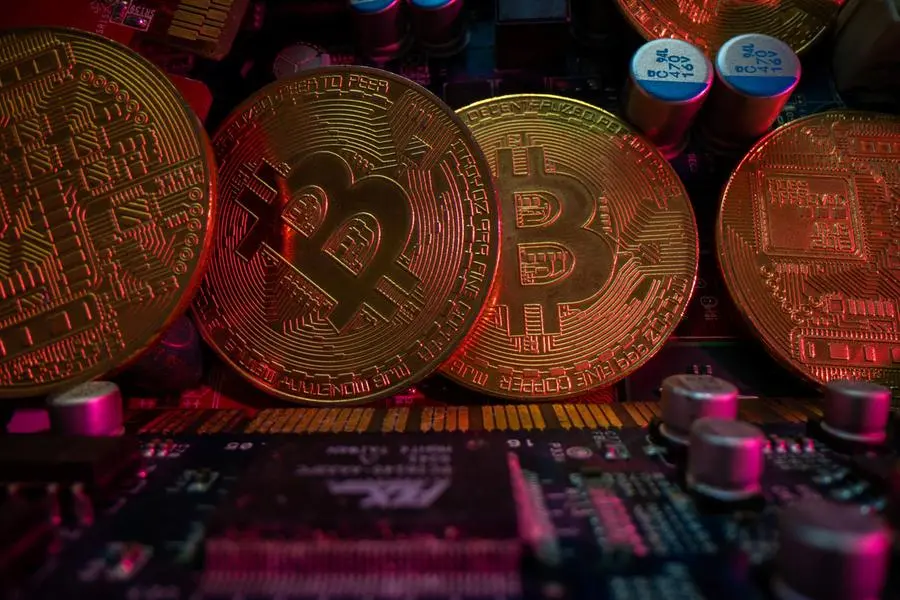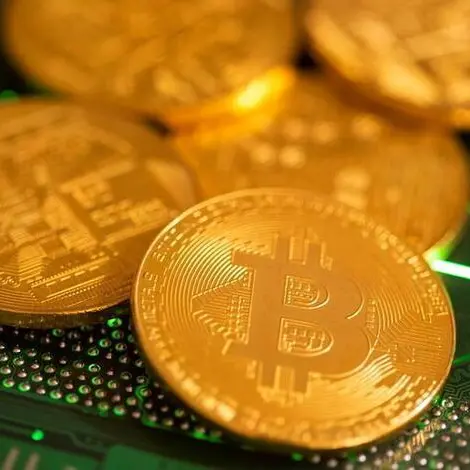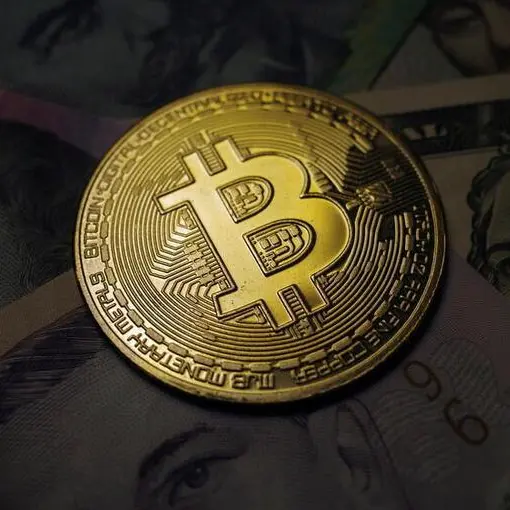PHOTO
Tether (USDT), a cryptocurrency stablecoin has fallen by over 30 percent against the Nigerian naira (NGN) on Binance, a development which dealers attributed to the Central Bank of Nigeria’s (CBN) clearing of foreign exchange (forex) backlog with three banks.
There are further speculation that the CBN is cracking down on Binance’s P2P, impacting the popularity of the transaction method.
Tether (USDT) is a cryptocurrency stablecoin pegged to the U.S. dollar and backed “100 percent by Tether’s reserves,” according to its website.
Related PostsNASS, GMCL organise workshop for MDAs on legislative complianceHajj: NAHCON seeks improved service delivery for pilgrimsFG targets N45trn VAT revenue by 2026
Nonetheless, as the USDT is bleeding against the naira, some community members believe that CBN is trading on Binance P2P to force the rate of USDT down further.
Changpeng Zhao, the co-founder of cryptocurrency exchang Binance, posting a cryptic comment on X (Twitter) led the community to speculate that the CBN is cracking down on Binance peer-to-peer (P2P) exchange rates.
An X (Twitter) user wrote: “Looks like a joke, but if CBN is really selling USDT on Binance P2P to trigger a price dump, then we are in more trouble than we imagined.
“Is this what the apex bank is doing?”
Tether is owned by iFinex, the Hong Kong-registered company that also owns the crypto exchange BitFinex.
Analysts said Dollar-based stablecoins have become a desirable alternative for customers and businesses in regions with unstable local currencies like Nigeria’s naira.
Based on Google trends data, Nigeria also has the highest interest in Tether with a perfect score, further emphasizing the high level of interest and recognition of the digital currency in the country.
Only recently, the U.S. unit of cryptocurrency exchange Binance halted withdrawal of dollars by its clients from the platform.
In early June, Binance.US halted dollar deposits, after the U.S. Securities and Exchange Commission (SEC) asked a court to freeze its assets.
“In the event that customers wish to withdraw U.S. dollar funds from their account, they may do so by converting U.S. dollar funds to stablecoin or other digital assets, which can subsequently be withdrawn,” the terms page had earlier clarified.
Tether belongs to a fast-growing breed of cryptocurrencies called stablecoins, which aim to keep the price of their tokens stable, most commonly by tying it to the price of a traditional currency like the U.S. dollar.
Tether also issues tokens pegged to the euro, the offshore Chinese yuan, the Mexican peso, and gold, none with more than a small fraction of the market cap of its U.S. dollar-pegged USDT tokenstokens.
The peg to a traditional currency, often backed by collateral reserves made up entirely or mostly of the pegged currency, ensures stablecoinsaren’t subject to the same price volatility as more speculative cryptocurrencies like Bitcoin.
Meanwhile, the Association of Bureaux de Change Operators of Nigeria (ABCON) previously asked for a Binance ban, citing pressure on the Naira.
The citizens of developing countries often resort to crypto services for ease of transactions. Many believe that this is one of the reasons for the popularity of cryptocurrency in Nigeria.
Many believe that Naira is getting stronger as the CBN has been clearing its forex backlog.
Recently, the Central Bank of Nigeria demonstrated a favourable stance regarding stablecoins. The construction of a legal framework for the potential adoption of a stablecoin in Nigeria was studied in an 83-page CBN research report that was recently published by the central bank under the title “Nigeria Payments System Vision 2025.”
The apex bank’s report highlighted that stablecoin-based payment systems would probably succeed in the country; hence, a framework must be created.
Copyright © 2022 Nigerian Tribune Provided by SyndiGate Media Inc. (Syndigate.info).




















